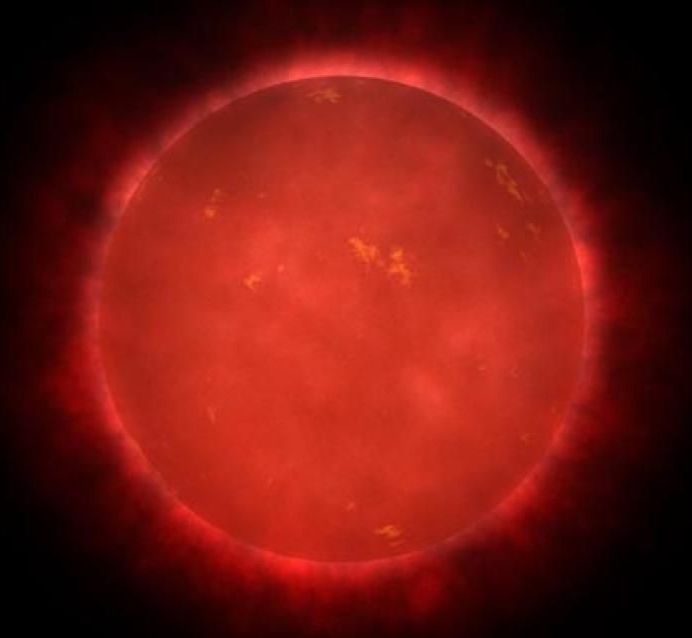“Both Teegarden’s planets are potentially habitable,” says Ignasi Ribas of the Institute of Space Studies of Catalonia, a member of the team reporting the planets today in the journal Astronomy & Astrophysics. “We will eventually see if they are actually habitable and, perhaps, even inhabited.”
The two worlds orbit a star so faint that it wasn’t even spotted until 2003, when NASA astrophysicist Bonnard Teegarden was mining astronomical data sets and looking for dim, nearby dwarf stars that had so far evaded detection.
Teegarden’s star is a stellar runt that’s barely 9 percent of the sun’s mass. It’s known as an ultra-cool M dwarf, and it emits most of its light in the infrared—just like the star TRAPPIST-1, which hosts seven known rocky planets. But Teegarden’s star is just a third as far from Earth as the TRAPPIST-1 system, which makes it ideal for further characterization.
